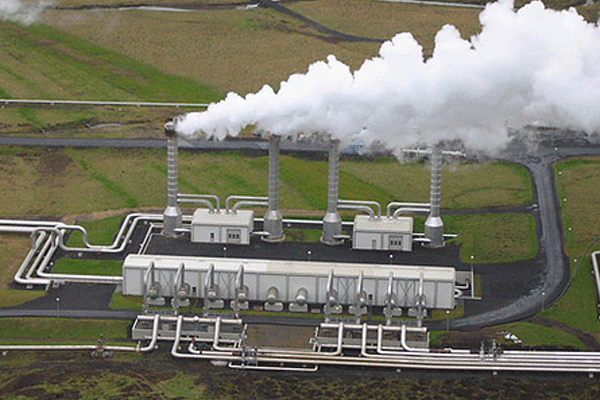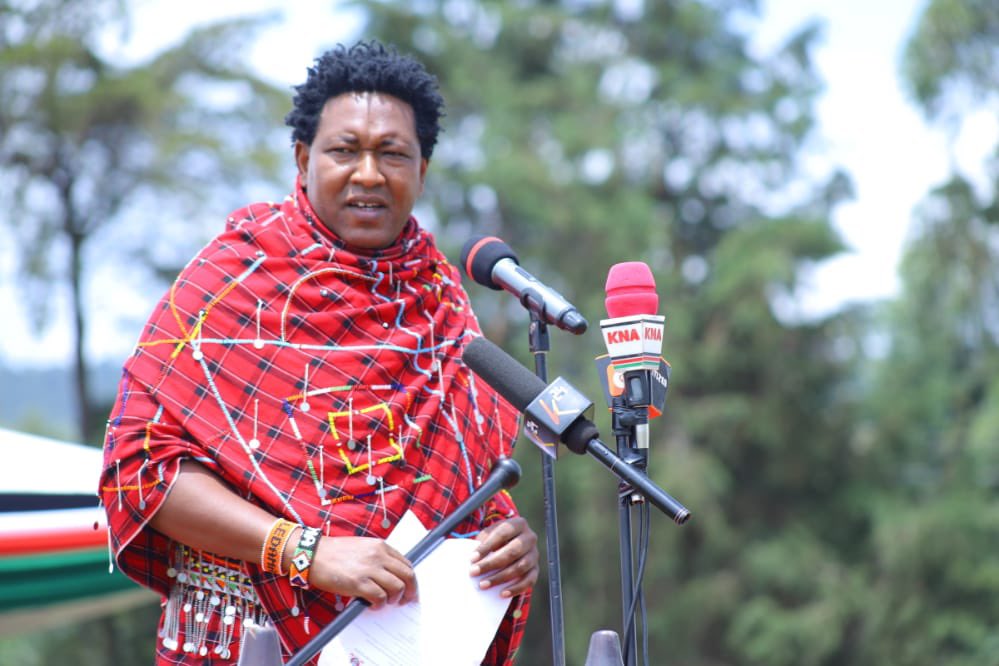How Kenya will benefit from geothermal deals

Kenya’s plan to increase green power has received critical support from Germany, a partnership that will enable the Kenya Electricity Generating Company (KenGen) to produce an additional 40MW of geothermal energy. The move comes after German Chancellor Olaf Schotz launched an additional Unit 4, 5, and Olkaria IV geothermal power plants, that will eventually increase the capacity of two stations from the current total of 300MW.
This will scale up geothermal energy and, by extension, cushion Kenyans against high cost of electricity. It will also promote green energy production, making Kenya a regional powerhouse in the production of clean energy. The challenge, going forward, will be in how to make more Kenyans use power commercially, not just in their homes.
Apart from electricity production, the geothermal value chain can also create linkages with other industries that can employ millions of Kenyans both directly and indirectly. For example, hydrogen production can be done as a value addition from the geothermal wells. Hydrogen has many industrial uses, including the manufacture of fertiliser, food processing and refining oil.
Harvesting of hydrogen can help Kenya to establish new avenues of revenues in addition to reducing the cost of imports made using the gas.
Considering that Kenya is food insecure, geothermal energy can be used to heat greenhouses for agricultural purposes, which can increase crop yields and extend growing seasons to all year round, eventually stabilising food prices. This will boost incomes for farmers and entrepreneurs looking to start sustainable agriculture ventures.
It is also notable that KenGen has set up an example of how geothermal energy can be used to develop tourism activities, such as hot springs. More entrepreneurs should be enticed to start such ventures that capitalise on the unique natural features of geothermal areas.
Further, geothermal resources can be used to extract minerals from the earth, such as lithium for manufacture of batteries for electric vehicles. As experts opine, the stable temperatures in regions with underground geothermal activities can be tapped for industrial purposes that require extreme heating or cooling, which can be used, say in large scale pasteurisations of milk, for instance. They can also be used to heat or cool buildings while saving owners and occupiers from high energy costs. The question is; are Kenyan entrepreneurs ready to tap into this well of possibilities?












